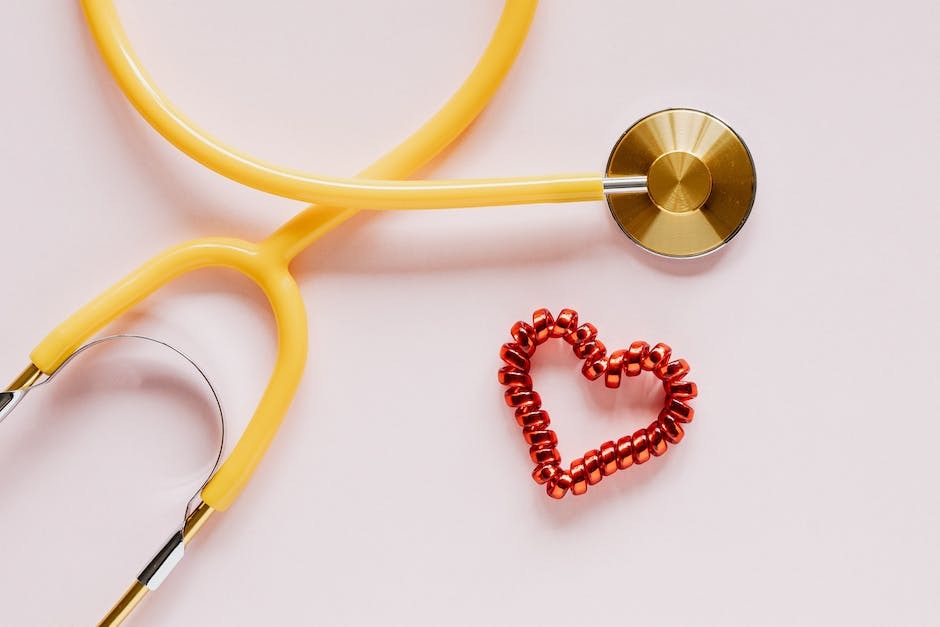Drug and alcohol addictions are possessive, compulsive, and habitual, but more importantly, they are physically damaging. Addiction changes our body chemistry more and more with every use. It can soon cause our physicality to fight against us and halt any warning signs from our brains.
The physical effects of addiction go beyond our ability to reason and can be linked to several dangers to health, affecting our brain structure and destroying heart health. First, we will look into the physical consequences on our heads and hearts, then see how addiction treatment can remove the root of the addiction.
The Head
According to the National Institute on Drug Abuse (NIDA), when drugs are taken, they interfere with the messaging system of the brain. Our brain has the ability to communicate through chemical signals, helping us process thoughts and make decisions.
However, once a substance enters your system, it replaces natural brain signals. While our brain perceives a message, the substance is unable to adequately mimic the function of a working chemical signal, confusing our brain’s ability to perceive incoming information. In addition, stimulants, such as amphetamines and cocaine, can cause an overabundance of transmitters, overwhelming the system with messaging.
Drugs and alcohol affect three parts of the brain: the prefrontal cortex, basal ganglia, and extended amygdala.
The Prefrontal Cortex
The prefrontal cortex deals with our decision-making. This portion of the brain is most sensitive during the teenage years because it is rapidly maturing. Due to this, teens are at increased risk for addiction because the drugs can interfere in this maturation process, even damaging the prefrontal cortex.
The Basal Ganglia
The basal ganglia deals with positive habit forming. It motivates you with rewards found in exercising, socializing, and eating. We continue these habits because there is a reward circuit present.
However, when drugs and alcohol enter the system, it shorts this circuit and causes a “high.” With more and more use, the amount of dosage needs to increase because our brains become desensitized to the effects.
The Extended Amygdala
The extended amygdala deals with the compulsive needs of use. It regulates our stress hormones, which can become out of control when the irritability of drug or alcohol withdrawal kicks in. This keeps an individual coming back for more since the emotions of stress and paranoia flood the brain’s system. Since the brain has gotten used to the euphoria of being painless when high, it no longer knows how to manage pain, causing panic.
The Heart
According to the American Addiction Center’s article “Substance Abuse & Heart Damage, Disease, Complications,” drug addiction can lead to damaging effects on the health of our hearts. The dangerous effects on the heart caused by substance abuse occur with prolonged use.
Unfortunately, unless we seek help for our addiction, we are continuing to put our heart’s health at risk. While modern medicine can help with healing your body, there is a threshold of danger we can put ourselves in when we choose to give in to addiction. If we pass that line, it can have significant and severe long-term damage.
Cardiovascular Disease
The most significant danger is cardiovascular disease. This is damage that occurs to the tissue and blood vessels within your heart, which can cause daily functions to become difficult and draining to the body.
Additionally, when our system needs a constant circulation of blood in the body, the heart is vital to fueling our functions. If this process is somehow damaged, the heart can no longer do its function as well as intended.
Vascular System
Our vascular system also falls prey to addiction. Lack of blood from the heart’s weakened state can cause body tissue to become starved of oxygen. This also puts our kidneys at risk as blood vessels start to transport toxic materials from drug use to the kidneys and the liver. This miscommunication in the body can cause these organs to shut down from the inability to handle the harmful waste.
Drug and alcohol addictions can also cause arrhythmia, which is an irregularity in your heartbeat that can cause problems breathing.
Finding Treatment
Your body pays for addiction. Every habit we have should nurture our bodies and build our strength. However, when you develop a habit that directly contradicts your health, it is an addiction. Once we recognize what addiction is, we can make a choice to get better.
First Steps Recovery is an addiction treatment center that is dedicated to this exact goal. We can help you identify your problem, place you in detox, guide you through treatment, and supply long-term care that ensures your success in the future. Most importantly, we want to set you free from the compulsion. Once you are free, you can truly take care of your head and heart.
The science of addiction shows the limitless dangers and effects it can have on us, but you can be free from its grip. First Step Recovery’s addiction treatment center is made to serve you and free you from the daily fight with addiction. We are dedicated to not only treating clients physically but provide a holistic approach to health. We consider both the mental and emotional aspects of addiction to provide specialized treatment options. First Steps Recovery understands everyone’s experience with addiction is different, which means your treatment approach will be different as well. We are committed to providing individualized treatment that includes evidence-based modalities to help you find the healing you deserve. Our facility in Clovis, California, can help you discover long-term recovery. Call First Steps Recovery at (844) 489-0836 to learn more about our program and how we can help you heal.







